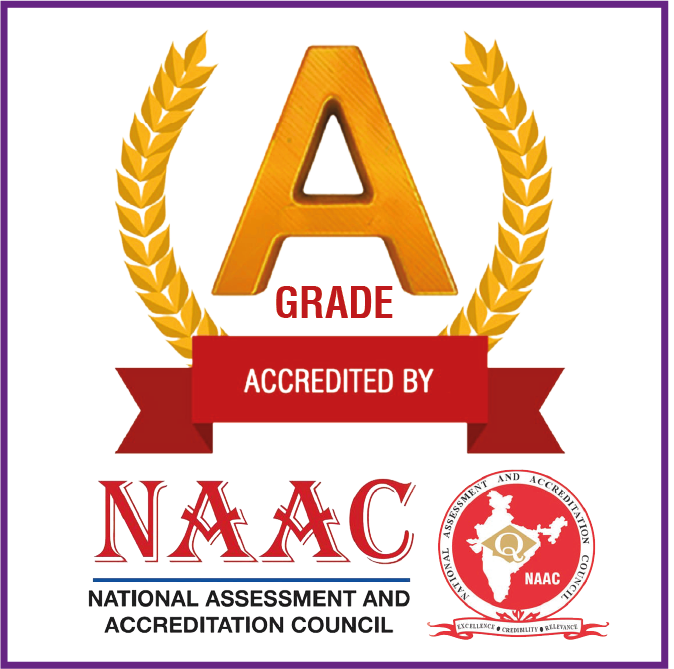Vision
To produce technically competent Electrical and Electronics Engineers having exemplary skills with ethical and social values
Mission
To provide state-of-the art facilities in Electrical and Electronics Engineering for improving the learning environment and research activities
To continuously enrich the knowledge and skill of students towards the employment and creation of innovative products for society
To develop ethical, social-valued and entrepreneurship skilled Electrical and Electronics Engineers
Programme Educational Objectives (PEOs)
The graduates of Electrical and Electronics Engineering will be able to:
PEO – 1: Succeed in the areas of Electrical and Electronics Engineering and other diverse fields by utilizing the
fundamental knowledge of engineering, analytical and creative skills
PEO – 2: Design, simulate and develop new innovative product and system in multi-disciplinary fields through
life-long learning skill and modern tools handling ability
PEO – 3: Demonstrate communication skill, leadership qualities, ethics, team work and social responsibilities
Programme Outcomes (POs)
The graduates of Electrical and Electronics Engineering will be able to:
PO – 1: Engineering knowledge: Apply the knowledge of mathematics, science, engineering fundamentals, and an
engineering specialization to the solution of complex engineering problems.
PO – 2: Problem analysis: Identify, formulate, review research literature, and analyze complex engineering
problems reaching substantiated conclusions using first principles of mathematics, natural sciences, and engineering sciences.
PO – 3: Design/development of solutions: Design solutions for complex engineering problems and design system components
or processes that meet the specified needs with appropriate consideration for the public health and safety, and the cultural,
societal, and environmental considerations.
PO – 4: Conduct investigations of complex problems: Use research-based knowledge and research methods including design
of experiments, analysis and interpretation of data, and synthesis of the information to provide valid conclusions.
PO – 5: Modern tool usage: Create, select, and apply appropriate techniques, resources, and modern engineering and
IT tools including prediction and modeling to complex engineering activities with an understanding of the limitations.
PO – 6: The engineer and society: Apply reasoning informed by the contextual knowledge to assess societal, health, safety,
legal and cultural issues and the consequent responsibilities relevant to the professional engineering practice.
PO – 7: Environment and sustainability: Understand the impact of the professional engineering solutions in societal and
environmental contexts, and demonstrate the knowledge of, and need for sustainable development.
PO – 8: Ethics: Apply ethical principles and commit to professional ethics and responsibilities and norms of the
engineering practice.
PO – 9: Individual and team work: Function effectively as an individual, and as a member or leader in diverse teams,
and in multidisciplinary settings.
PO – 10: Communication: Communicate effectively on complex engineering activities with the engineering
community and with society at large, such as, being able to comprehend and write effective reports and design documentation,
make effective presentations, and give and receive clear instructions.
PO – 11: Project management and finance: Demonstrate knowledge and understanding of the engineering and
management principles and apply these to one’s own work, as a member and leader in a team, to manage projects and in
multidisciplinary environments.
PO – 12: Life-long learning: Recognize the need for, and have the preparation and ability to engage in independent and
life-long learning in the broadest context of technological change.
Programme Specific Outcome (PSOs)
The graduates of Electrical and Electronics Engineering will be able to:
PSO – 1: Apply current technologies in Embedded System Design for providing solution to real world
problems through smart product development
PSO – 2: Design, develop and implement software based automated system in the field of Electrical Power and Energy to
meet out the demands of society and industry
PSO – 3: Analyse and diagnose the faults and defects in electrical devices and systems for Energy Management
Course Outcomes (COs)
List of COs for UG Course under Anna University Regulation 2017






